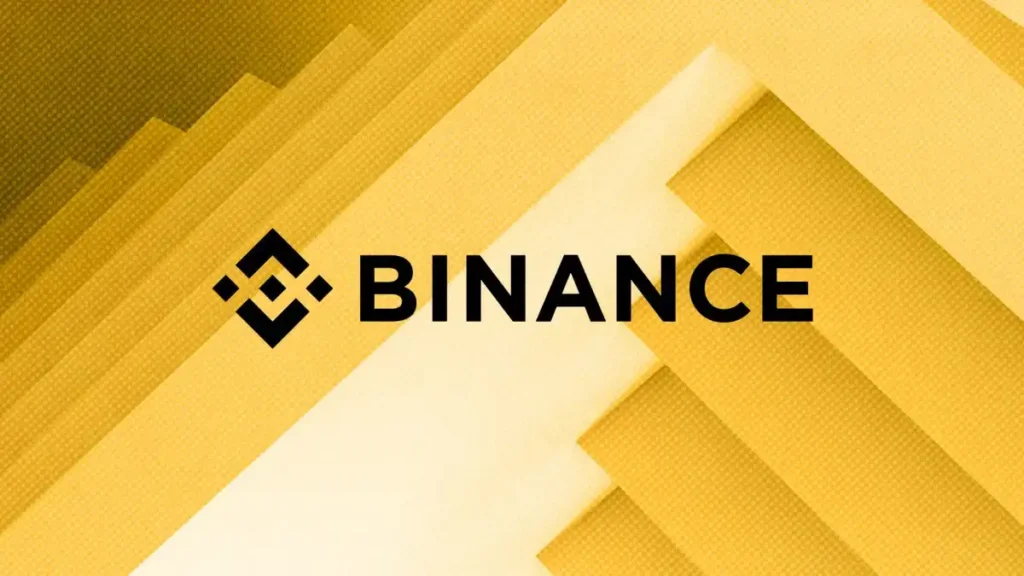
Binance, the world’s largest cryptocurrency exchange by trading volume, has unveiled a new crypto-as-a-service (CaaS) platform designed to help traditional financial institutions seamlessly integrate digital asset offerings. This turn-key solution gives banks, brokerages, and regulated firms the ability to launch trading, custody, and compliance services without building complex crypto infrastructure from scratch.
The new platform targets established institutions that want to meet growing client demand for cryptocurrency exposure but lack the technology or regulatory expertise to offer it independently. By leveraging Binance’s CaaS model, these firms can plug into a ready-made ecosystem that includes order execution, liquidity provisioning, digital custody, and anti-money-laundering (AML) controls.
For banks and wealth managers, this represents a faster route to market. Instead of investing years in development and compliance testing, institutions can integrate Binance’s secure back-end systems through application programming interfaces (APIs) and begin offering crypto trading under their own brand.
Addressing Compliance and Security
Institutional adoption of digital assets often hinges on regulatory compliance and asset security. Binance’s service provides built-in safeguards such as Know-Your-Customer (KYC) processes, transaction monitoring, and advanced cold-storage solutions. These features are critical for meeting the requirements of financial watchdogs while protecting client funds from hacks or theft.
By outsourcing these functions to Binance, traditional players can reduce operational risk and focus on customer engagement and portfolio growth, rather than technical maintenance.
Takeaway
Binance’s crypto-as-a-service platform reflects the accelerating convergence of traditional finance and digital assets. By providing institutions with trading, custody, and compliance solutions in a single package, Binance lowers the barriers to crypto adoption while ensuring security and regulatory readiness. As investor demand for digital assets continues to grow, such turn-key offerings could become a critical bridge between legacy financial systems and the blockchain economy.
